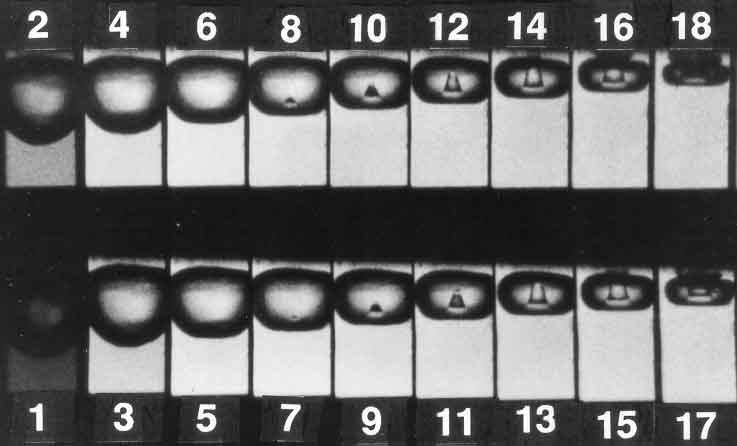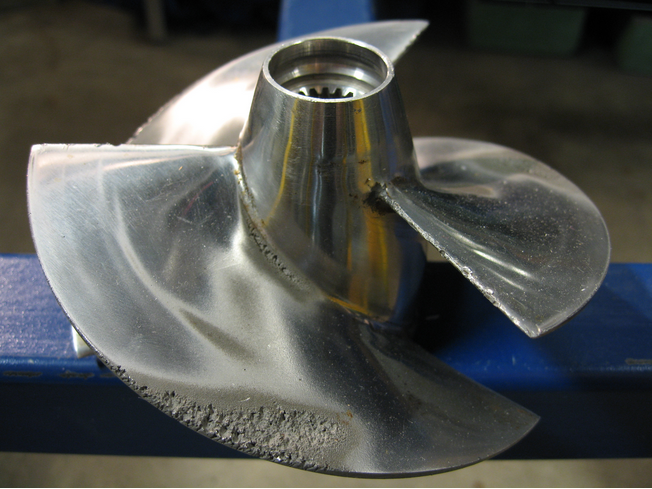While reading the amazing things that the mantis shrimp can do, such as moving two of their limbs so quickly that the water around them 'supercavitates', a friend of mine told me that those limbs were creating vacuum, in the water. Does this creation of vacuum happen? Or is it something else? If so, am I creating vacuum when boiling water?
-
$\begingroup$ You're not creating a vacuum when boiling water. The bubbles are created by water vapor wanting to exit the pot. $\endgroup$– YungHummmmaCommented Jul 31, 2014 at 21:23
-
2$\begingroup$ But supercavitation is creating a vacuum - water is being moved out of a volume faster than it can flow back in behind. $\endgroup$– Jon CusterCommented Jul 31, 2014 at 21:37
1 Answer
Yes, cavitation creates a "vacuum". But the liquid will start evaporating the moment the void is created, so it is not a vacuum in the strict sense of "nothing there".
When a cavitation bubble collapses (which usually happens very shortly after it forms), the temperature inside can rise very quickly - due to adiabatic compression of the little gas that has diffused into the bubble in the short time that it existed. The collapse can be so violent that the back side of the bubble, much like a shaped charge, creates a "jet" that can impinge the object that initially created the bubble (image from http://authors.library.caltech.edu/25017/4/chap3.htm).

This is roughly the mechanism that is responsible for cavitation damage on say the propellers of a ship:

(image from http://upload.wikimedia.org/wikipedia/commons/e/e6/Cavitation_Propeller_Damage.JPG)
But cavitation is cause by "tearing" at the liquid - you are literally pulling it apart. When a liquid is boiling, you are creating bubbles by forcing the (water) vapor out of the liquid phase into the solid phase. Definitely not a vacuum there.
Of course it's only a matter of degree. How low of a pressure do you need before you consider something a "vacuum"?
-
$\begingroup$ How fast does the shrimp have to move his claws through the water? Does it have to be supersonic? $\endgroup$ Commented Jul 31, 2014 at 22:24
-
1$\begingroup$ @TobiasBrandt no need to be supersonic: just fast enough so that $\rho v^2 > p - p_{vap}$ - that is the condition under which cavitation can occur. In this expression $p$ is ambient pressure and $p_{vap}$ is saturated vapor pressure of the liquid. So cavitation happens more quickly in warm water and near the surface. $\endgroup$– FlorisCommented Aug 1, 2014 at 2:52
